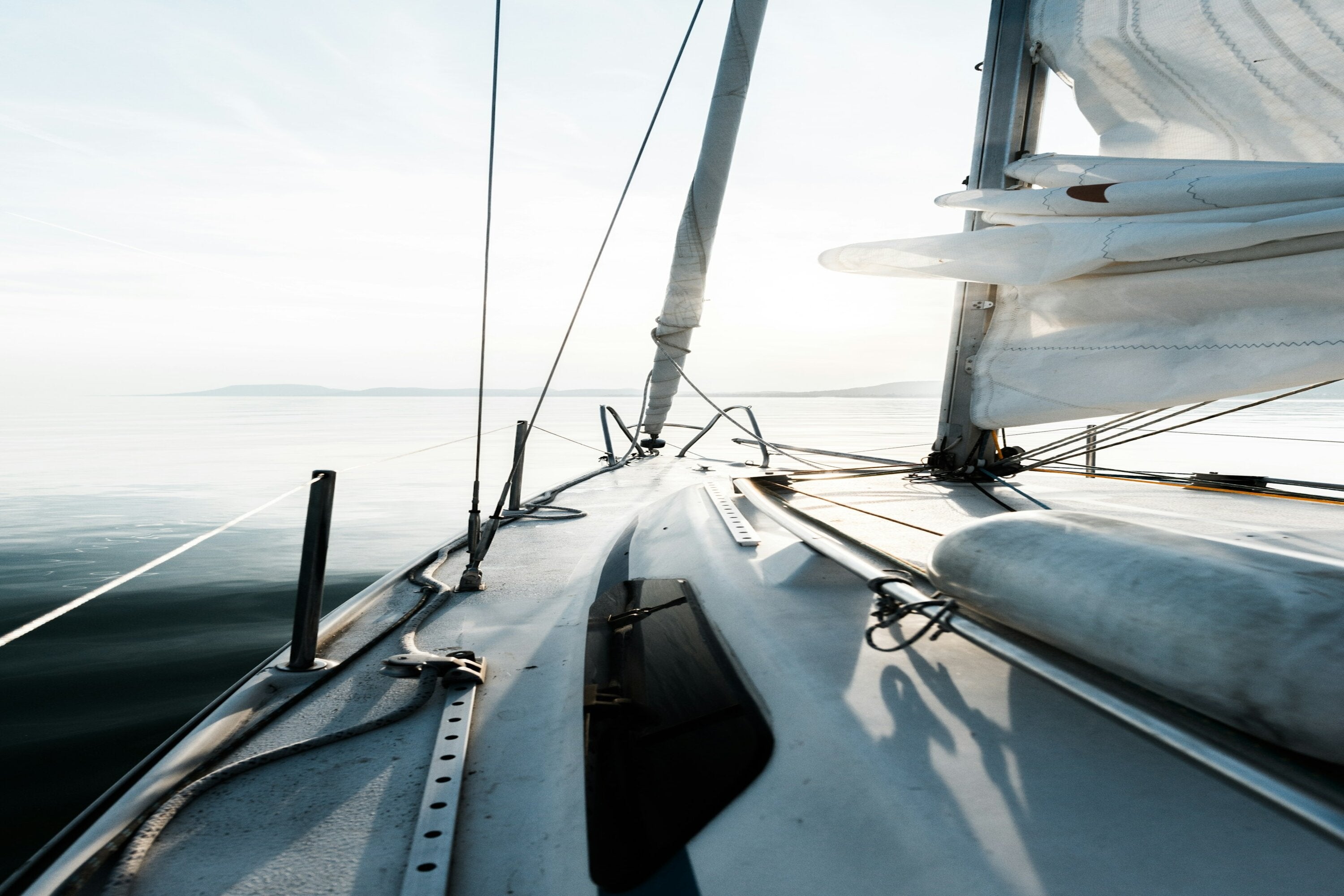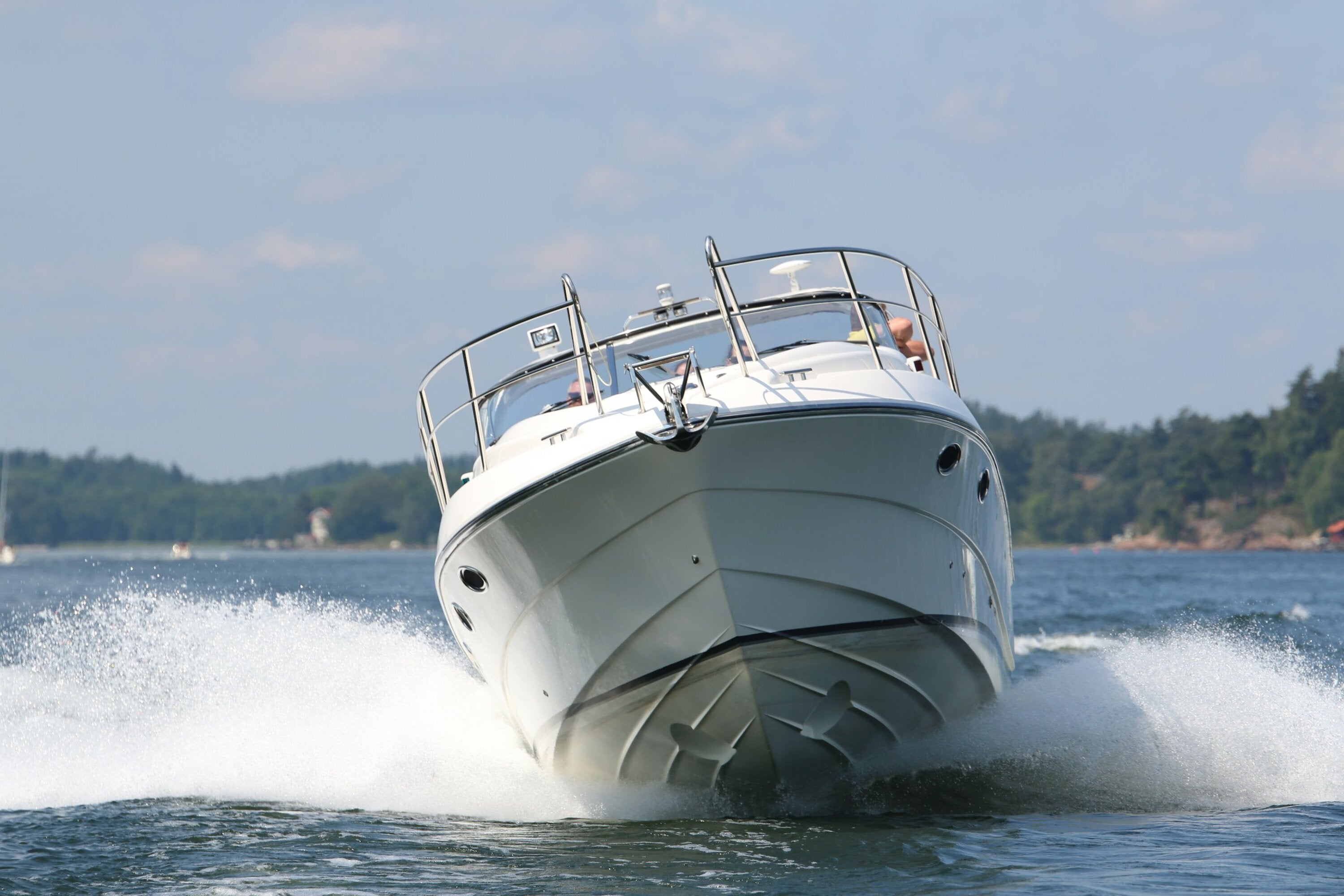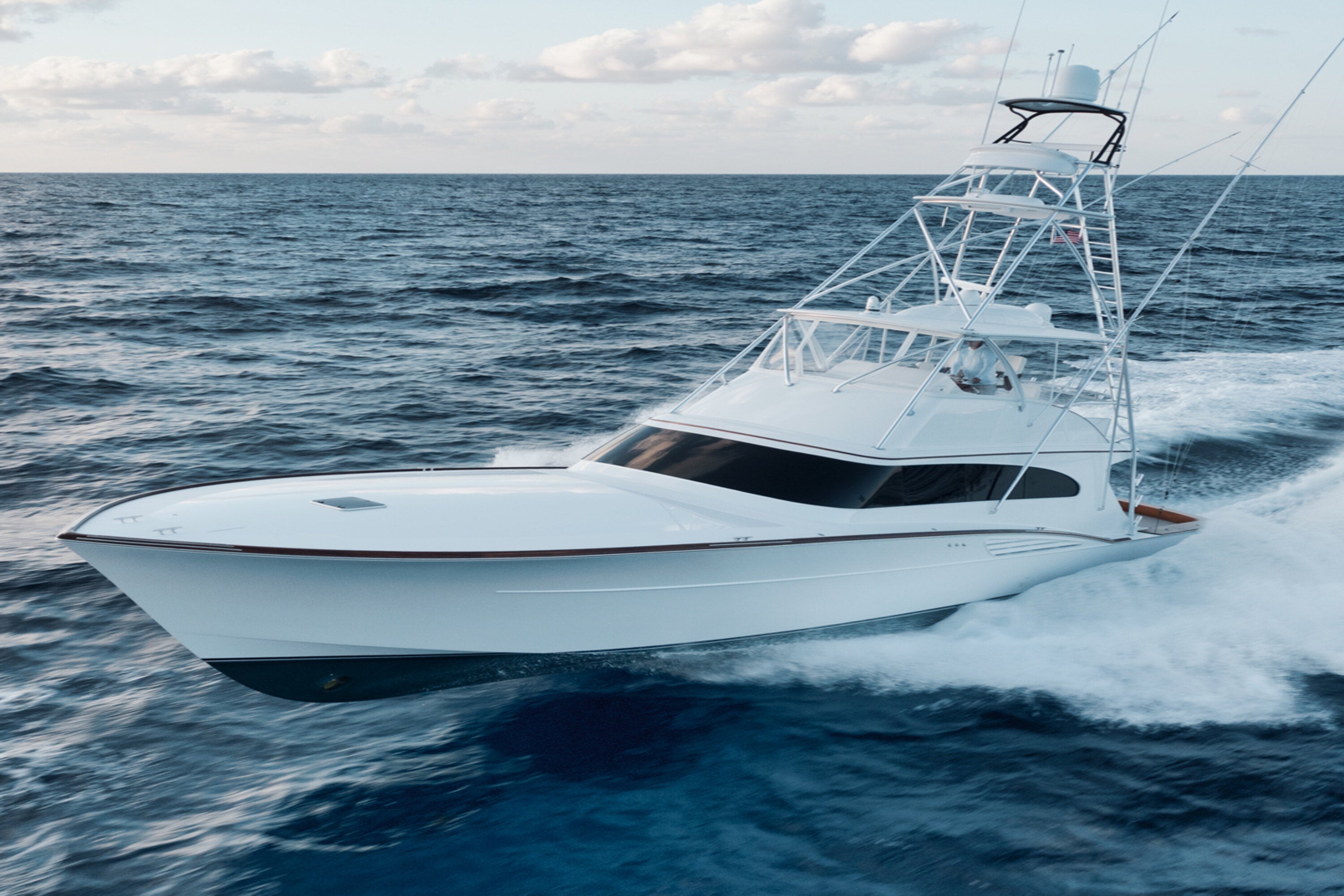Navigating the vast and often unpredictable waters of the ocean requires precision, expertise, and the right tools. In today's digital age, marine navigation electronics have become indispensable aids for sailors, fishermen, and maritime professionals alike. From GPS systems to chartplotters and radar units, these technologies not only enhance safety but also streamline navigation processes. However, with a plethora of options available in the market, selecting the right marine navigation electronics can be a daunting task. In this guide, we'll explore the key factors to consider when choosing these essential tools for your maritime adventures.

1. Understand Your Navigation Needs:
Before diving into the array of navigation electronics available, it's crucial to assess your specific requirements. Consider factors such as the type of vessel you operate, the navigational challenges you might encounter, and the extent of your journeys. For instance, a recreational boater may have different needs compared to a commercial fisherman or a naval vessel. Understanding your navigation needs will help you narrow down your options and prioritize features accordingly.
2. GPS Systems:
Global Positioning System (GPS) technology forms the backbone of modern marine navigation. GPS receivers provide accurate positioning information, allowing sailors to pinpoint their location with precision. When selecting a GPS system, look for features such as fast acquisition time, reliable signal reception even in challenging environments, compatibility with navigation software, and integration capabilities with other onboard electronics.
3. Chartplotters:
Chartplotters combine GPS technology with electronic navigational charts (ENCs) to create interactive maps that display your vessel's position, as well as surrounding land, water depths, navigation aids, and potential hazards. When choosing a chartplotter, consider factors such as screen size and resolution, ease of use, compatibility with different chart formats (e.g., C-MAP, Navionics), networking capabilities for sharing data with other devices, and additional features like AIS integration and fishfinding functions for anglers.

4. Radar Systems:
Radar systems use radio waves to detect objects, landmasses, and other vessels, even in low visibility conditions such as fog or darkness. When selecting a radar system, consider factors such as range (the distance at which objects can be detected), resolution (the ability to distinguish between multiple targets), power consumption, antenna size, and integration with other onboard electronics. Doppler radar technology, which provides enhanced target tracking and collision avoidance capabilities, is also worth considering for added safety.
5. AIS (Automatic Identification System):
AIS is a collision avoidance system that allows vessels to broadcast their identity, position, course, and speed to nearby ships and shore stations. When choosing an AIS transceiver or receiver, consider factors such as transmission power, range, compatibility with Class A and Class B standards, and integration with other navigation electronics. AIS technology enhances situational awareness on the water, reducing the risk of collisions and improving overall safety.

6. Consider Integration and Connectivity:
In today's interconnected world, seamless integration and connectivity between different onboard electronics are essential for efficient navigation. Look for navigation electronics that support industry-standard communication protocols such as NMEA 2000 or Ethernet, allowing for easy data sharing and compatibility with a wide range of third-party devices. Integration with onboard systems such as autopilots, depth sounders, and weather sensors can further enhance the capabilities of your navigation setup.
Selecting the right marine navigation electronics is crucial for safe and efficient navigation on the water. By understanding your specific needs, prioritizing key features, and considering factors such as GPS systems, chartplotters, radar systems, AIS technology, and integration capabilities, you can choose the perfect tools to navigate the seas with confidence. Whether you're a recreational boater, a professional mariner, or a fishing enthusiast, investing in high-quality navigation electronics will enhance your maritime adventures and ensure a safe passage to your destination.



